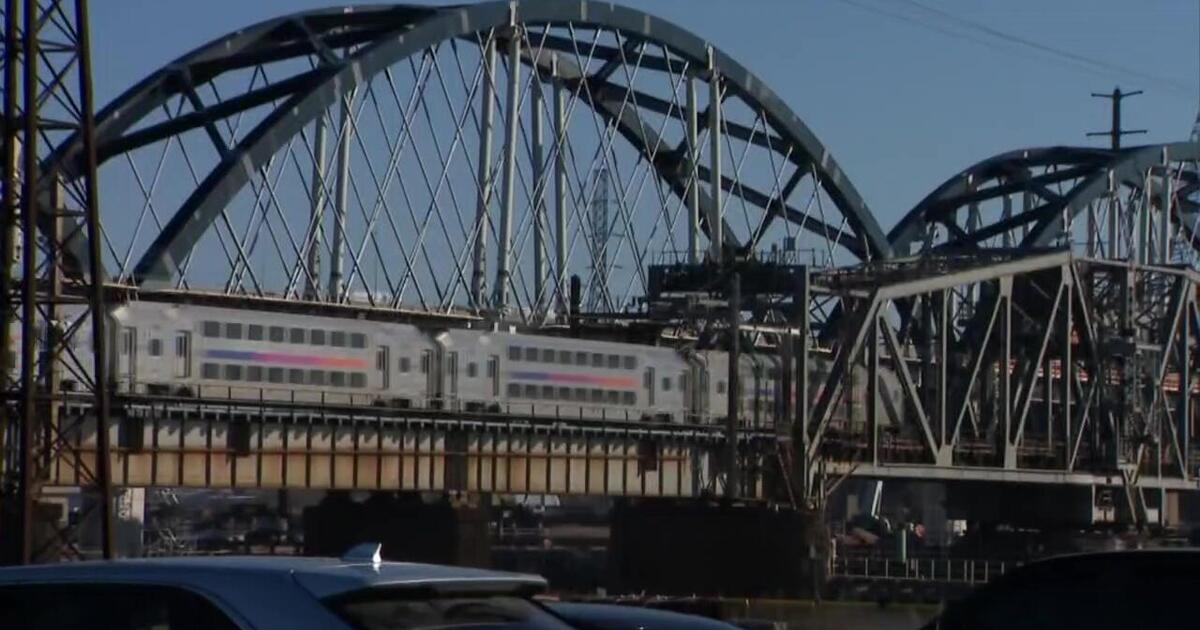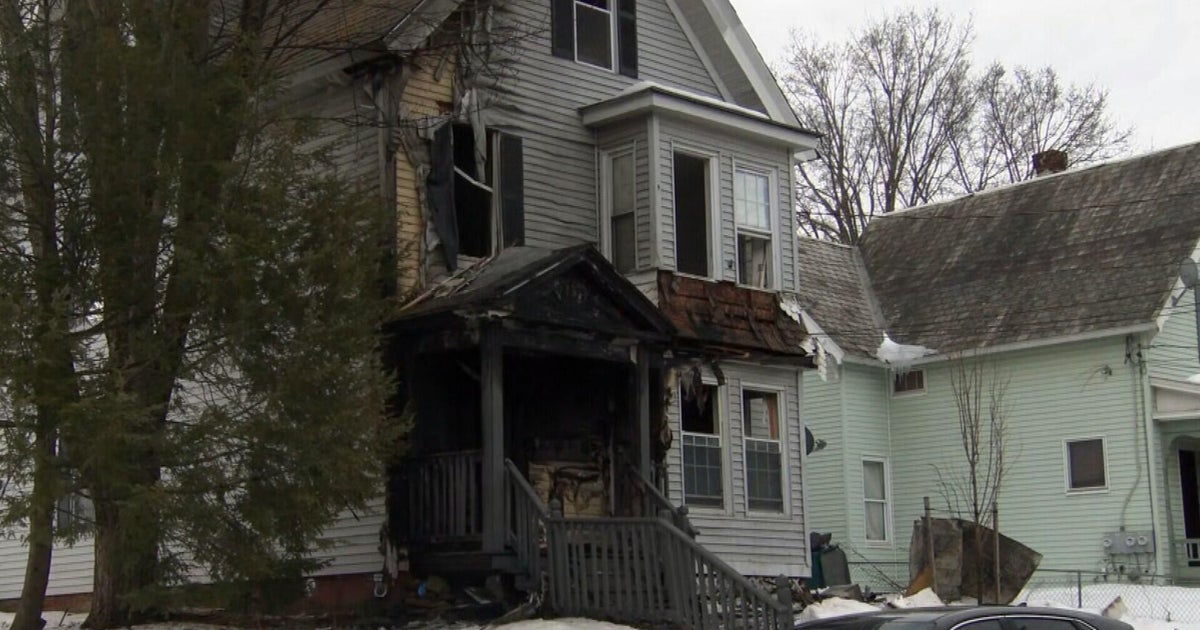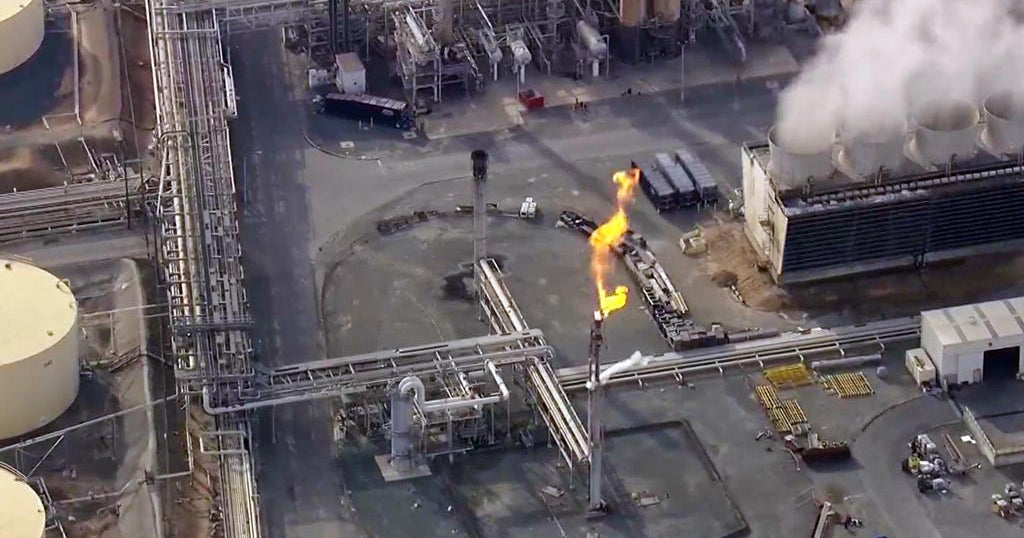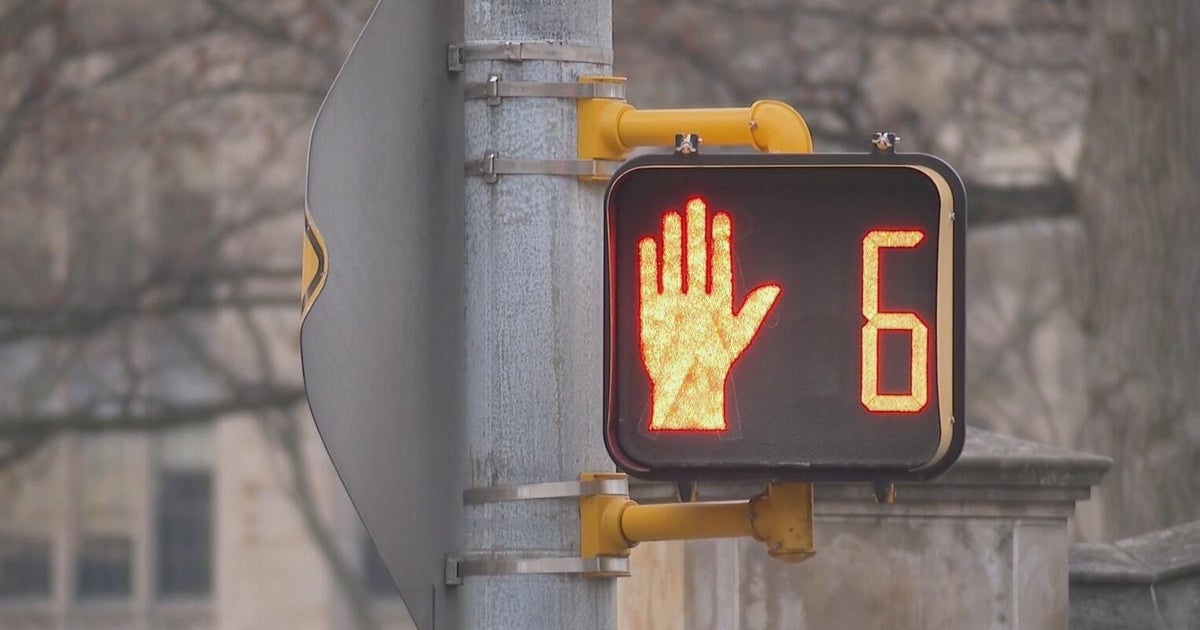Construction on new BART fare gate prototypes underway at West Oakland station
Construction on new BART fare gate prototypes is underway at the West Oakland station, where they will begin field testing the new gates by the end of the year.
"It's gotten a lot better," commuter Mattew Olachea said.
Twice a day, five times a week, Olachea finds himself on a BART train.
His daily commute takes him from the East Bay to San Francisco and back. Before his ride, he swipes his Clipper card at a fare gate, as is standard procedure and how people pay for BART.
But there are a lot of people who don't.
"It's definitely a problem," he said.
BART is in the process of upgrading the system and phasing out the old fare gates and replacing them with newer gates.
"I really hope that the implementation of this project shows that BART is listening to our riders, and that we are putting their safety first," said Chris Filippi, a spokesperson for BART. "It's a huge step for BART. It's going to give the system a whole new look. It'll be an increase for safety and security, and most importantly, it's something our riders really want. We're excited to move forward with this project."
He said the new gates will make it much harder for people to fare evade, which should increase safety and security.
"They're much taller, they're stronger, it's going to be much harder to climb over these, it's going to be much harder to find weaknesses once we get to the final versions that we implement at all of our stations," he said. "It's important to note that not everybody who fare evades commits crimes, does bad acts and unwanted activities on BART. That's just not the case. However, having said that, many of the people who do bad things on BART do fare evade to get into the system."
The new gates will benefit BART's bottom line as well, according to Filippi.
"So much of our budget – 70% of our budget, pre-pandemic – our operating budget, was paid for by fares. So, if everybody isn't paying, that creates a real budget challenge for us," he said. "It's very hard for us to measure and quantify currently how much of an impact fare evasion has on BART's bottom line. One of the things that we do hope to gain moving forward with the new fare gates – We can get a better handle on how large the problem really is."
While it's tough to quantify, he said, rider feedback has revealed it is a widespread problem, according to Filippi.
"I think a good way to look at it is, if you talk to BART riders, almost every BART rider has seen someone fare evade," he said. "It's a very widespread problem, just based on feedback we get from paying riders."
The plan is to field test the prototypes in West Oakland, finalize the new design, and then upgrade the entire system by the end of 2025.
"We're looking to install and replace more than 700 fare gates at 50 stations across our system," Filippi said. "I think we're going to end up with something that our riders are going to be very satisfied with."
Olachea sees how the move could benefit BART.
"I'm sure it's more of what they want," he said. "They'll get more people to pay for the service."
But is it the antidote the agency needs to get more riders on board? Not on it's own, said Olachea.
"Increasing their quality of service would probably help," he said. "More consistency with train times, a little bit more frequent communication about the delays."
He said over the last four to five months, he's noticed various ways BART is working to improve the system. Most notably?
"More of the crisis intervention people and a lot more of a police presence on BART," he said.
Olachea is curious to see if and how the newest approach makes an impact.







